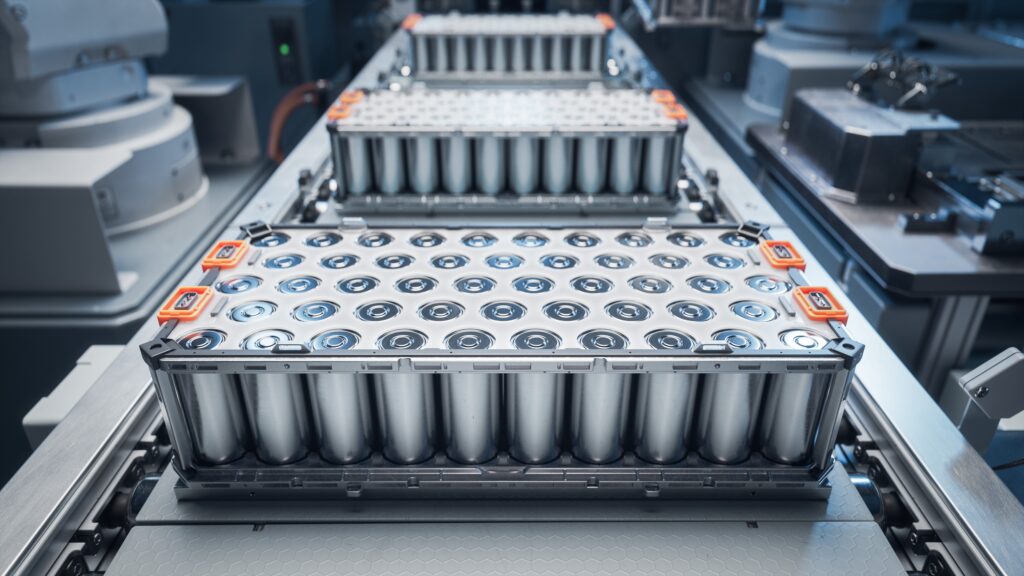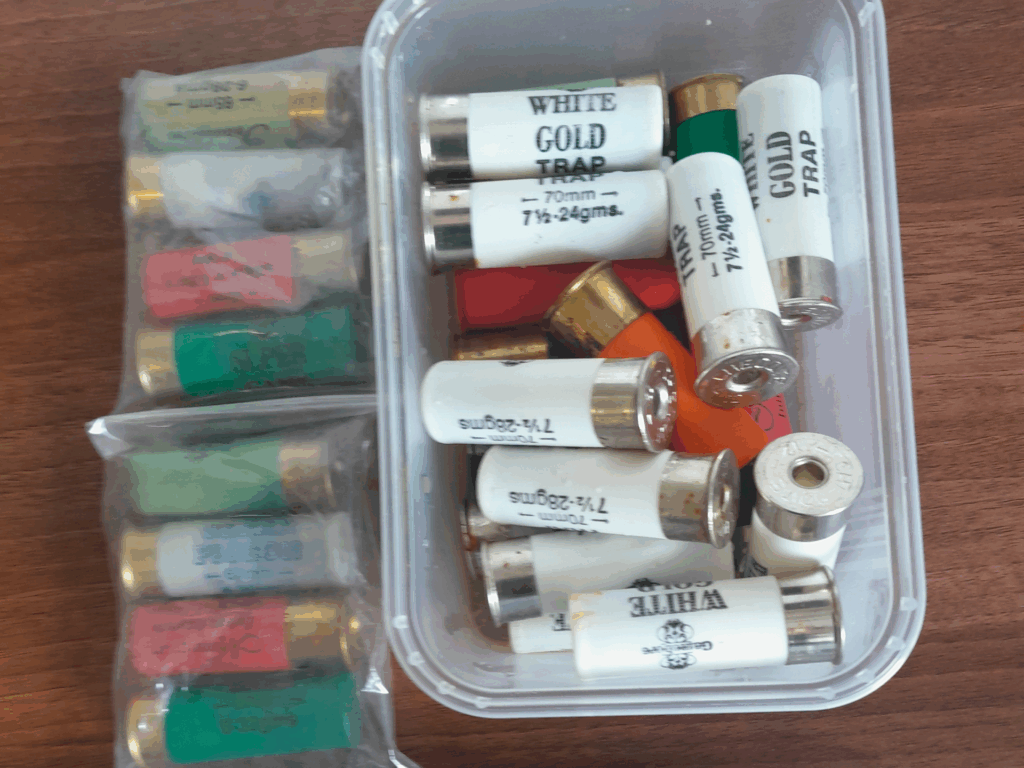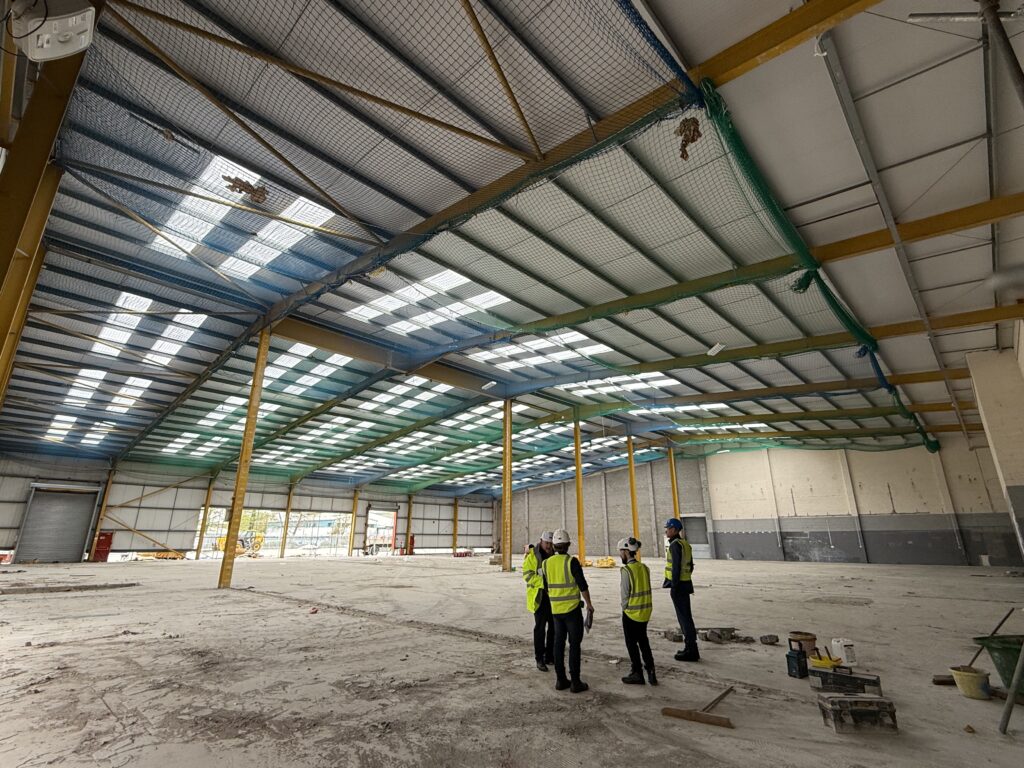The working group is the first of its kind to cover this topic within the bureau.
The group will bring together technical experts from BIR member associations and companies.
The immediate focus of the working group will be on the implementation of the Basel Convention e-waste amendments, which came into effect in January 2025, and resulted in different classifications for e-waste.
The new BIR working group will soon begin its work which is intended to clarify the distinction between materials falling under the new classification and those that do not.
The BIR is specifically looking for expressions of interest from representatives of national assosiciations or BIR members with experience in at least one of the following areas:
- Electronics, non-ferrous metals, or a combination of both
- International trade, compliance and logistics (particularly documentation and export/import practices)
- Classification systems (HS codes, Basel codes, G codes, and EU codes)
Interested parties should contact the BIR trade and environment policy officer Federico Zanotti, who will coordinate the initiative, at fzanotti@bir.org.
Basel Convention
The BIR said that the introduction of the Basel Convention has resulted in increasingly difficult conditions for the transportation of certain materials – particularly insulated copper wires, shredded and unshredded electric motors, and zorba.
Zorba refers to mixed non-ferrous metal scrap which is usually recovered from end-of-love products such as cars and electronic appliances.
A spokesperson for the BIR said: “There is now an urgent need for clear and practical guidance on which recycled electric and electronic materials are now considered subject to trade control, and which remain exempt and may continue to be traded freely.”
The BIR hopes to actively contribute to the Basel Convention working group which is developing technical guidelines for e-waste.







Subscribe for free